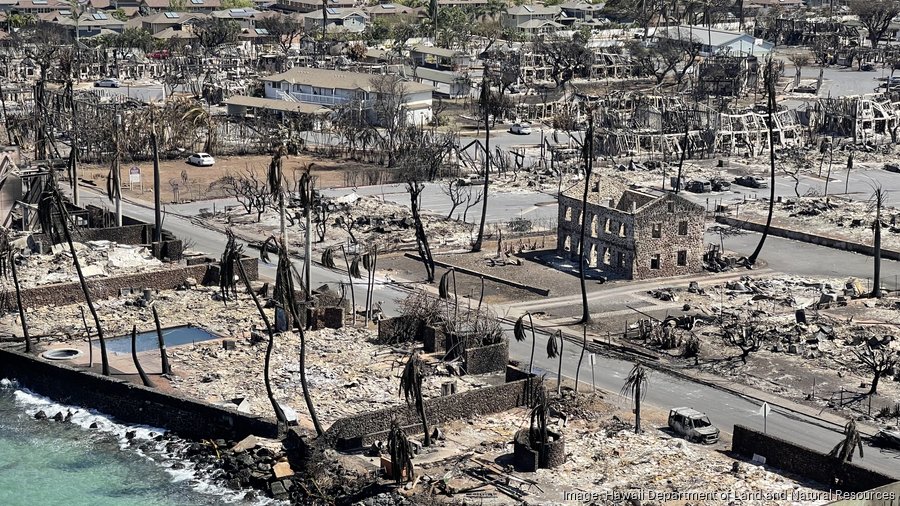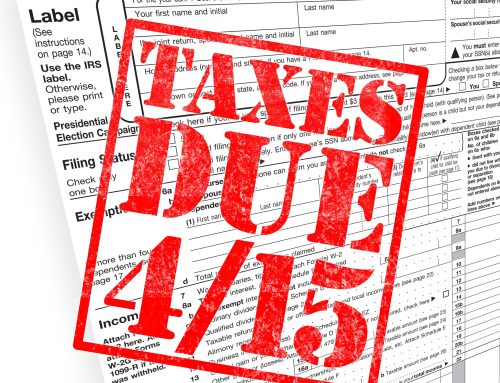The United States government is providing tax relief for eligible Hawaii residents amid the rampant wildfires on both Maui and the Big Island. The President has declared a disaster for all parts of Hawaii affected by the wildfires. Disaster area taxpayers will now have until February 15, 2024, to file various federal individual and business tax returns and make tax payments.
Tax Implications of the Hawaii Wildfires State of Emergency
Tax Payments – The February 15, 2024, deadline also applies to any payment normally due during this postponement period, Aug. 8, 2023, through February 15, 2024, including quarterly estimated tax payments, quarterly payroll, and excise tax returns.
Who Qualifies for the Filing Postponements – The IRS automatically provides filing and penalty relief to any taxpayer with an IRS address of record located in the disaster area. Therefore, taxpayers do not need to contact the agency to get this relief. However, if an affected taxpayer receives a late filing or late payment penalty notice from the IRS that has an original or extended filing, payment or deposit due date falling within the postponement period, the taxpayer should call the number on the notice to have the penalty abated.
In addition, the IRS will work with any taxpayer who lives outside the disaster area but whose records necessary to meet a deadline occurring during the postponement period are located in the affected area. Taxpayers qualifying for relief who live outside the disaster area need to contact the IRS at 866-562-5227 This also includes workers assisting the relief activities who are affiliated with a recognized government or philanthropic organization.
Claiming Casualty Losses – Affected taxpayers in a federally declared disaster area have the option of claiming disaster-related casualty losses on their federal income tax return for either the year in which the event occurred, or the prior year. Individuals may deduct personal property losses that are not covered by insurance or other reimbursements. Affected taxpayers claiming the disaster loss on their return must include the FEMA disaster declaration number, FEMA-DR-4724-HI.
Other Relief – The IRS will waive the usual fees and requests for copies of previously filed tax returns for affected taxpayers. Taxpayers should put the assigned Disaster Designation, California, severe winter storms, flooding, landslides and mudslides, in bold letters at the top of Form 4506, Request for Copy of Tax Return, or Form 4506-T, Request for Transcript of Tax Return, as appropriate, and submit it to the IRS. Those who had their returns professionally prepared should contact their tax preparer for copies of past records.
Affected taxpayers who are contacted by the IRS on a collection or examination matter should explain how the disaster impacts them so that the IRS can provide appropriate consideration to their case.
The Washington Post and many other news outlets reported on the unexpected fires, which claimed at least 106 lives. Per the Post, “strong winds linked to Hurricane Dora hampered efforts by authorities to contain the flames and also ignited fires on the Big Island.”
Anecdotal posts and videos on social media indicated that some locals and visitors in the seaside town of Lahaina had submerged themselves in the Pacific Ocean to avoid the flames. At least a dozen of these individuals were subsequently rescued by the United States Coast Guard, according to a San Francisco Chronicle report published on the evening of August 9.
Although the fires have now subsided, there is a long recovery period ahead for the Hawaiian people impacted by the disaster. CNN reported that over 2,200 structures in Lahaina alone sustained damage, and Governor Josh Green referred to the wildfires as “likely the largest natural disaster in Hawaii’s state history.”







